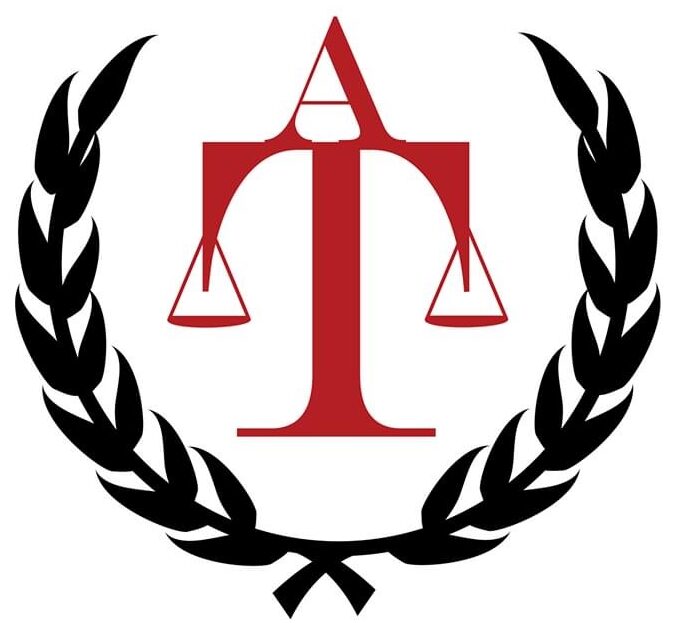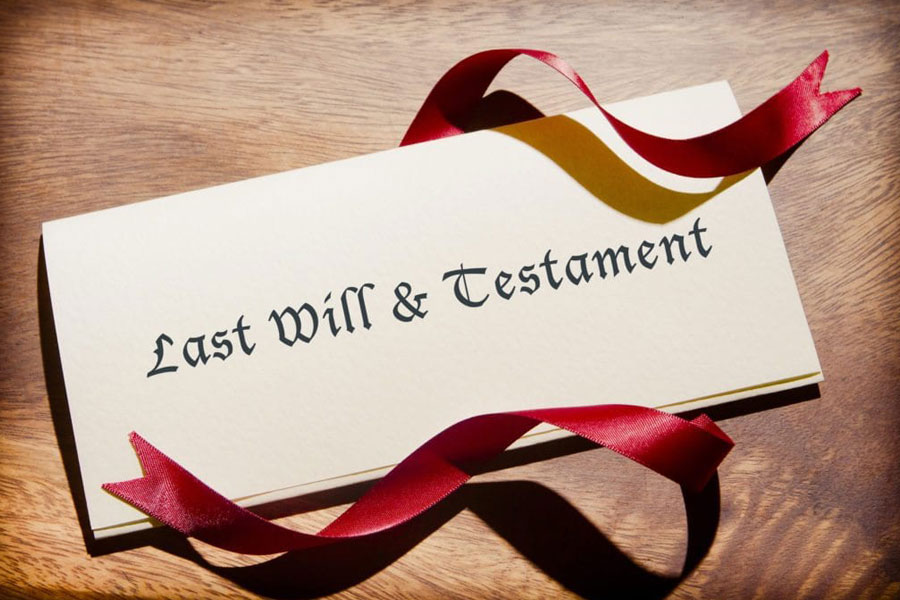Have you thought about what happens to your property after you have passed on? What steps have you taken to ensure your heirs receive their share in your estate? Is there anyone you want to give your estate to? Make sure you determine the division of your estate by drafting a will.
So what is a will and what are the requirement of a valid will?
A will is a legal document that designates persons to receive the properties of the estate. It also contains the desires of the decedent concerning the disposal of his or her estate. The testator is the person who the will is made for. An executor of a will is someone appointed to execute the will after death. Executors can be appointed in the will, or appointed by the court if one is not appointed. Certain individuals are disqualified
The court determines the validity of the will. However, at the time of the will’s execution, the testator must be of age, possess a sound mind, and must intend the document act as a testamentary instrument.
Age– the testator must be: at least eighteen years old; lawfully married; or in the armed forces.
Sound Mind– the testator must understand: the will is a testamentary document; the will distributes property at death; the nature and extent of their property; and the natural objects of their bounty.
Intent- the testator must have the intent to distribute property at the time of death according to the terms of the will.
Do I need to have witnesses sign my will?
In addition to the above requirements, a will must also be signed by two witnesses at the time of its execution. This requirement can be waived by writing a holographic will. A holographic will is a will written completely in the testator’s handwriting, and signed by testator.
Probating a will (what happens after death):
After a testator’s death, a will has to go through a probate court proceeding. The executor of the will must initiate the probate proceeding within 4 years of death of testator. If this isn’t done in time, then intestacy laws apply (explained more below.)
Who isn’t qualified to be an executor?
The executor can be appointed in the will or by court. Certain people are prohibited from being an executor. The following individuals cannot serve as an executor in Texas:
- An incapacitated person;
- A felon convicted under the laws of the United States or of any state of the United States unless, in accordance with the law, the person has been pardoned or has had his or her civil rights restored;
- A nonresident of the Texas who is a natural person or corporation and has not appointed a resident agent to accept service of process in all actions or proceedings with respect to the estate or had that appointment filed with the court;
- A corporation not authorized to act as a fiduciary in the state; or
- A person whom the court finds unsuitable.
Revocation of a will:
Once a will is created it can be canceled once revoked by the testator. Revocation of the will occurs by the creation of a subsequent will that contradicts or expressly states the old will is revoked or by a physical act of the testator such as destroying the will. The will can also be marked out but the markings created by the testator must touch a substantial part of the will.
Revival of a will:
Just because the will has been revoked does not mean it cannot be revived. Revival of the will is never automatic but can be done by re-execution, republication, or if the court determines the revocation was based on mistake of law or fact the revocation can be canceled if the testator would not have revoked the will if he knew the truth.
How does your estate get distributed without a will?
Writing a will is important and without one, the court will distribute your estate following the rules of intestate succession. Intestate succession can cause issues within the family because of the constant fighting of certain properties of the estate. Having a will eliminates those issues and each person in the will receives their intended share.
If you need a will and looking for a good wills and trust attorney in Spring, TX, North Houston, Woodlands, Klein, Tomball, Cypress, FM 1960, Galveston, and surrounding areas, call the A.T. Law Firm for a free consultation. We also travel to different counties including but not limited to Harris County, Montgomery County, Liberty County, Chambers County, Galveston County, Ford Bend County, Waller County, and Brazoria County. In addition to English, we speak Spanish, Farsi (Persian), and Kurdish.

